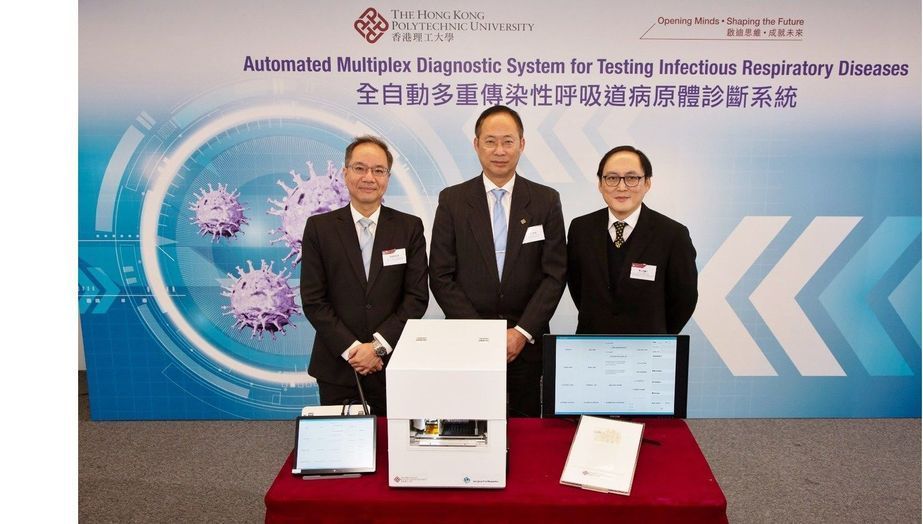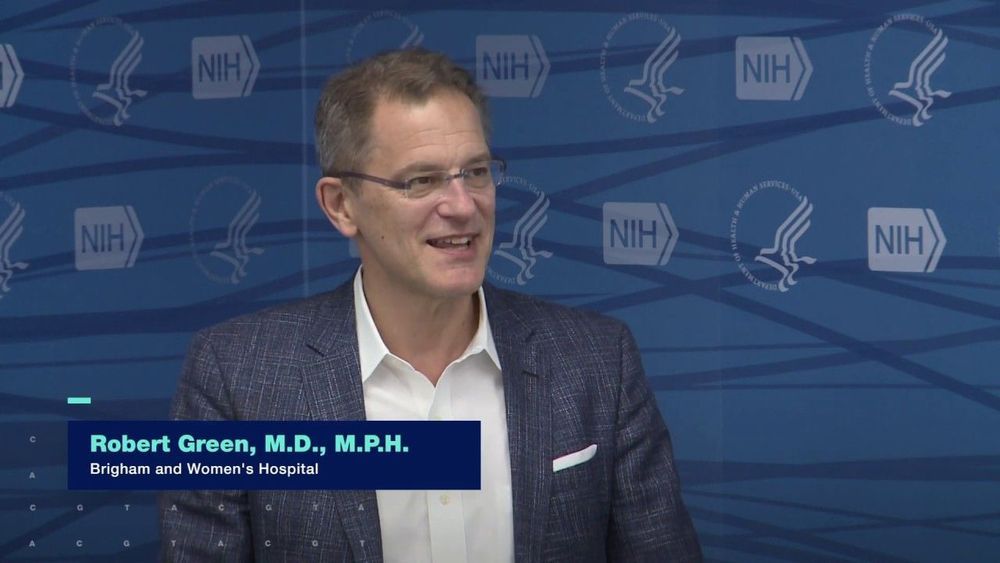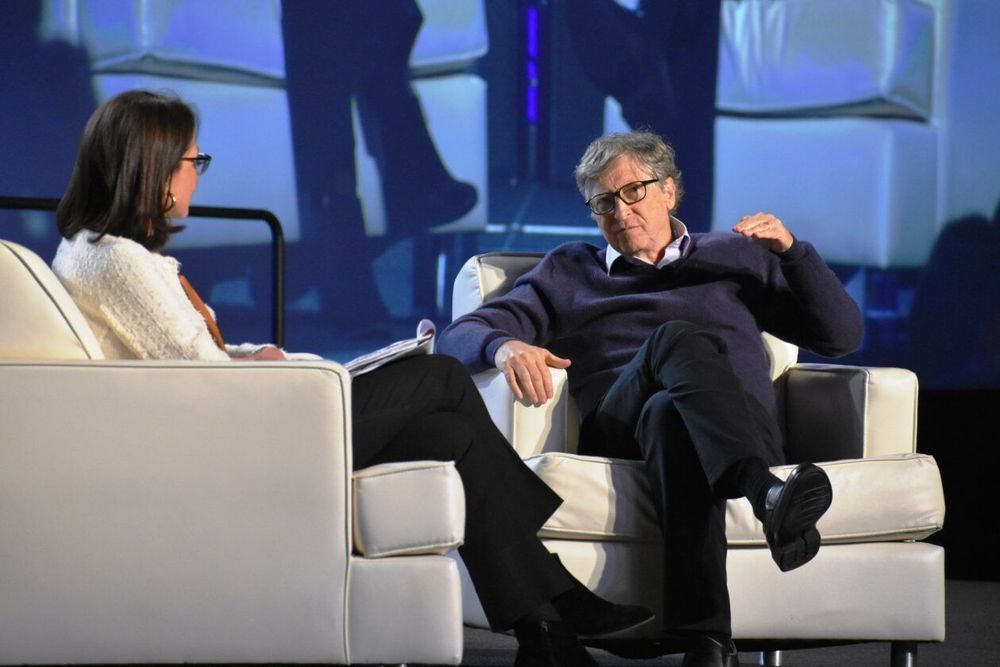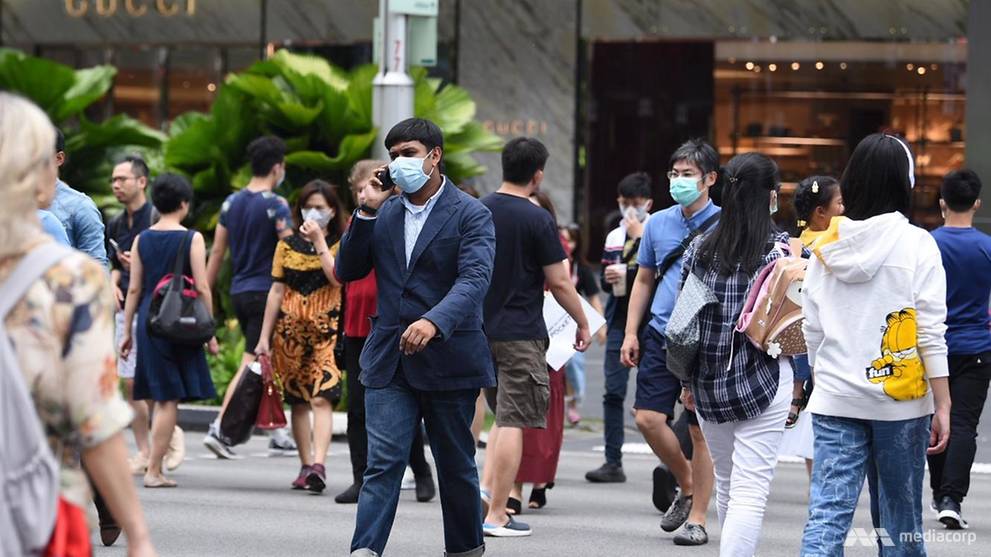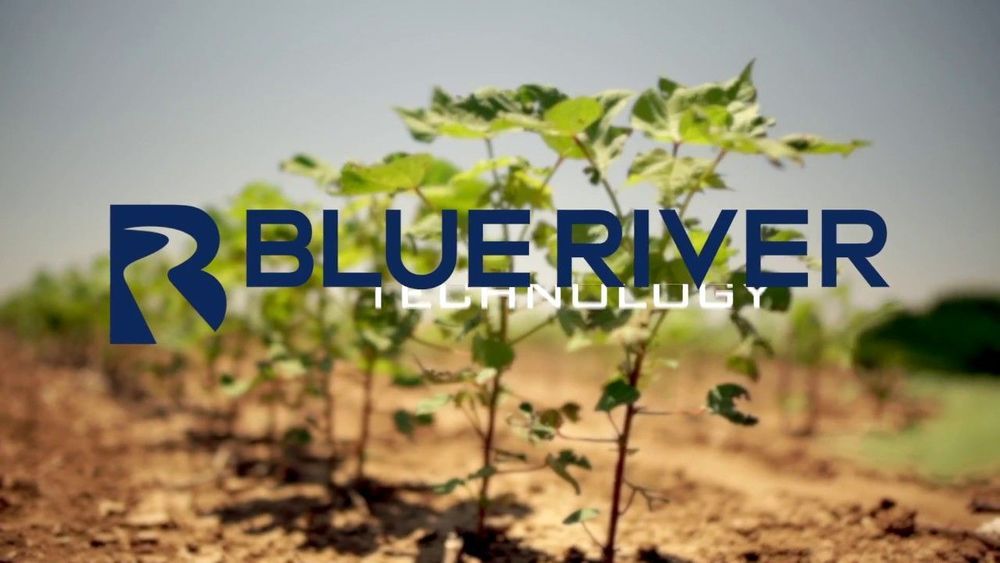HONG KONG, Feb. 11, 2020 /PRNewswire/ — Infectious diseases represent an important portion of global public health concerns¸ in particular with regard to the current global outbreak of novel coronavirus (2019-nCoV). The challenge of frontline diagnosis in hospitals, clinics and ports is that infectious diseases could exhibit similar symptoms or can be asymptomatic. The Hong Kong Polytechnic University (PolyU) today announced the development of the world’s most comprehensive automated multiplex diagnostic system (the System) which includes a fully automated machine and a multiplex full-screening panel for the point-of-care genetic testing (POCT) of respiratory infectious disease including the 2019-nCoV.
